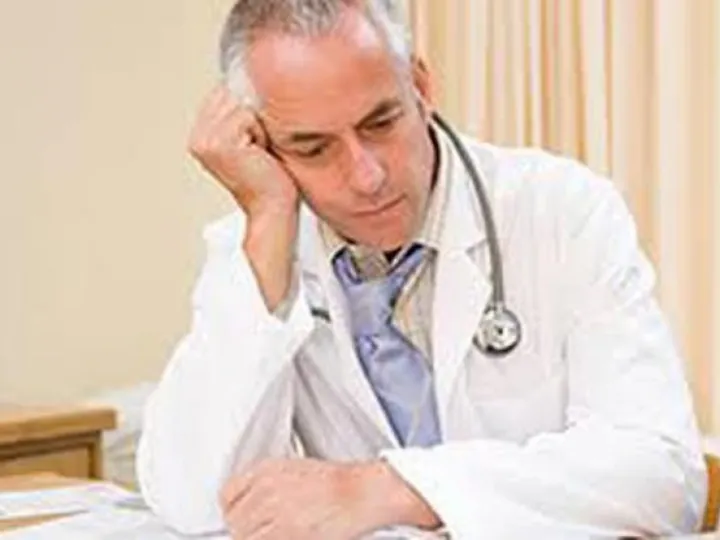Following recent criticisms in certain national newspapers and on social media of the current state of General Practice in this country, we have chosen to reproduce a letter published in the latest edition of the British Medical Journal, written by a GP based in Oxfordshire.
Where have our GPs gone?
That question topped the 3 May front page of the Daily Mail--a tabloid newspaper not known for its support of our profession. It was followed by an article outlining the 10.5% rise in registered patients per GP since 2017. Each GP now has an average of 2217 patients, up from 2007 patients five years ago, although these numbers hide huge variation. In the worst hit areas each GP is responsible for the care of 3000 patients. It's difficult to know how this ratio can be safe.
So, where have all the GPs gone? Some have gone back to their European country of origin, having been made unwelcome by Brexit. Some adventurous doctors have moved to Canada or New Zealand, where the conditions of service are better and the hours more family friendly. The majority haven't gone anywhere but have either opted for early retirement or reduced the number of sessions they work. Perhaps the more important question is not where they've gone, but why.
Reducing hours may be the only way for many GPs to stay sane or have any sort of life outside work. The BMA's model contract states that a GP session should last four hours and 10 minutes, but for most GPs this is the stuff of fairy tales. There's no way that you can see your patients, check lab results, issue prescriptions, and read and action all of the letters in your inbox in this timeframe. If you're also trying to train medical students and supervise junior doctors and allied health professionals, the work stretches far beyond the event horizon. As a partner you feel responsible for the wellbeing of your salaried staff, and making their workload sustainable usually means increasing your own. It's not unusual for GPs to work intense 12 hour days, and doing five of these in a week isn't a realistic long term proposition.
The later stages of any career should be a time of flourishing. In terms of professional confidence--particularly in medicine--you're at your peak. When you've seen the same constellation of symptoms several times before, you're quicker to diagnose; and as your skill at handling tricky safeguarding cases or angry patients grows, youthful anxieties fade.
Why are so many GPs retiring early? On top of workloads, the feeling of being under attack from press and politicians may have tipped the balance for some. None of this is new, but there's been a significant recent increase in hostile and inaccurate headlines that paint us as greedy, incompetent, and workshy. Inevitably, this affects some patients' perceptions of us and our interactions with them.
I wonder if the newspaper in question might embark on a little exercise in self-reflection and consider what role it may have played in encouraging GPs to hang up their stethoscopes?
Helen Salisbury, GP
BMJ: 10th May 2022







